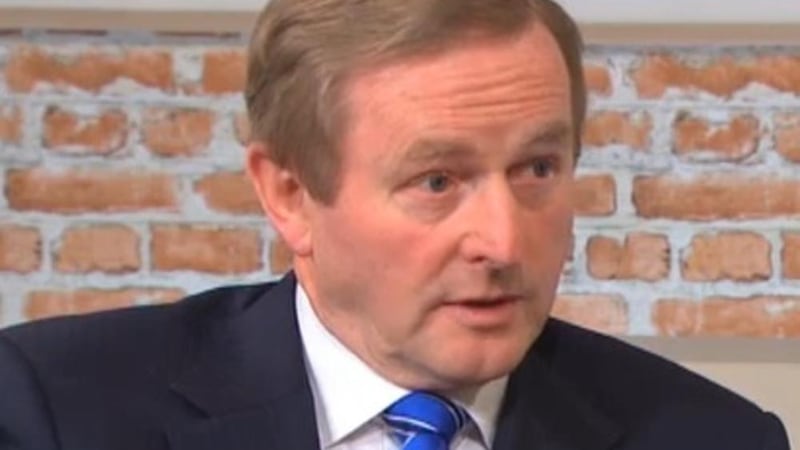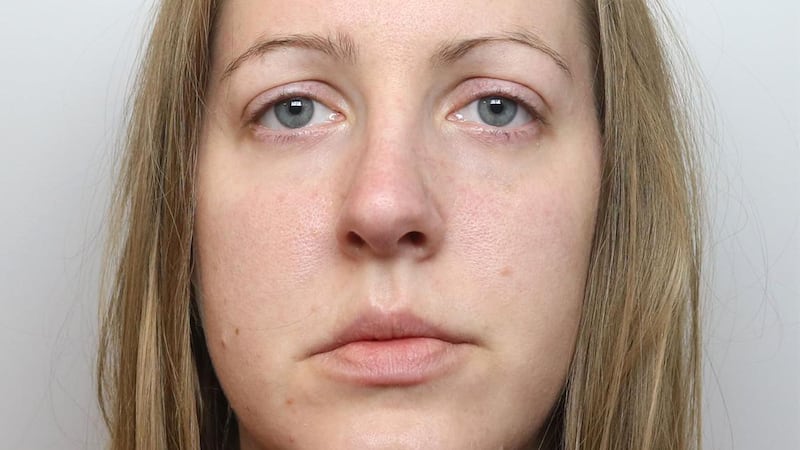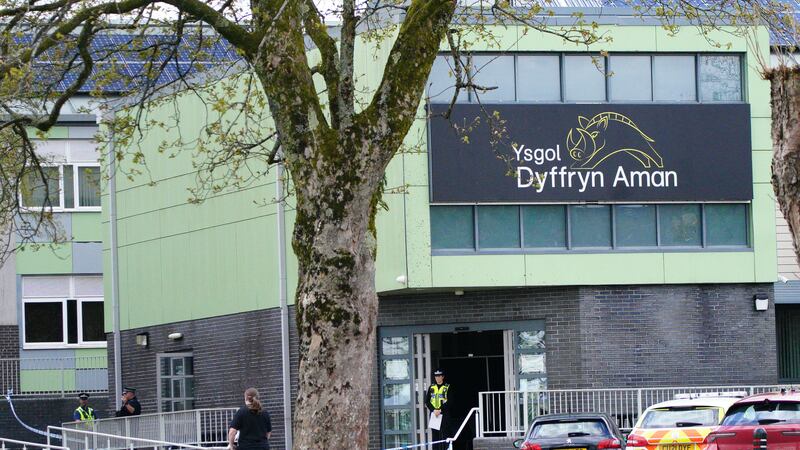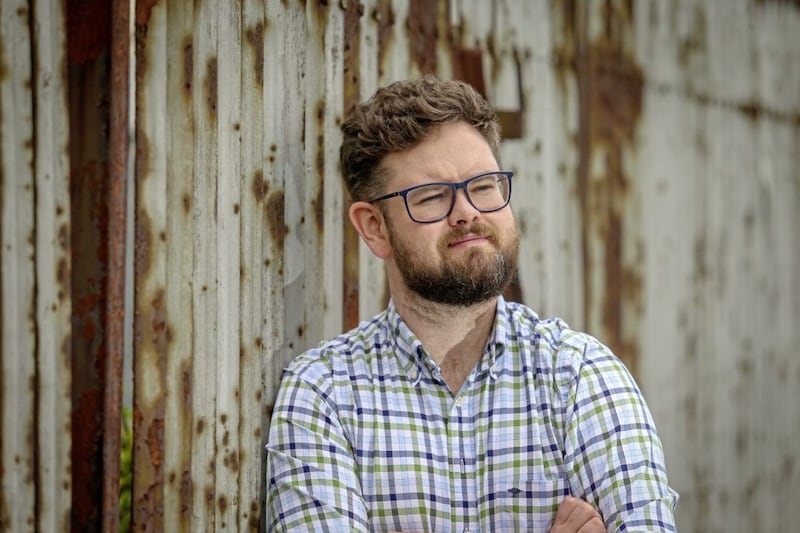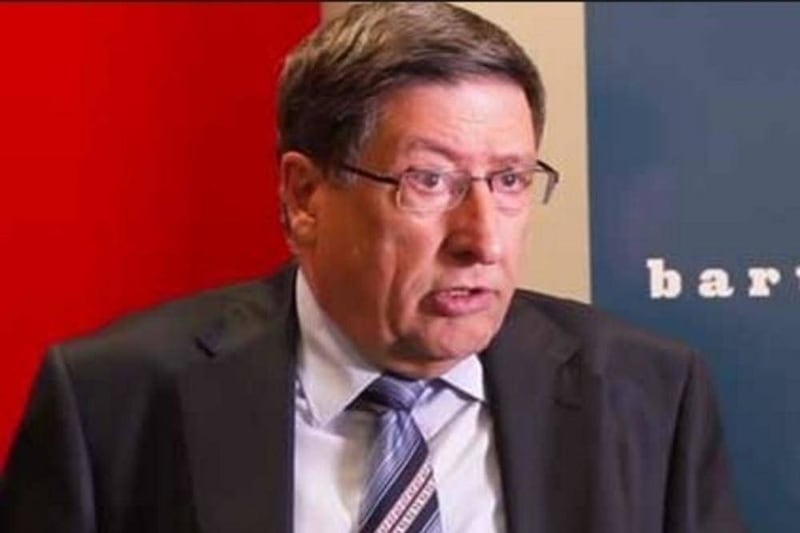Taoiseach Enda Kenny has predicted that the result in the Republic’s marriage equality referendum will be "closer" than opinion polls have suggested.
Urging people to go to their local polling stations next Friday, May 22, Mr Kenny said: "No referendum can be passed unless people vote for it."
He also appealed for voters to support same-sex marriage, saying he had been convinced that a referendum was needed after listening to the "stories of ordinary people."
Reports have emerged this week of concerns within Fine Gael that the referendum could by hit by a so-called silent ‘no’ vote in rural constituencies.
Admitting that many people in rural areas were opposed to the idea of allowing gay and lesbian couples to marry, he added: "Are the Irish people going to deny their own kith and kin their right to a marriage contract?"
Mr Kenny was speaking as the Primate of All Ireland, Archbishop of Armagh Eamon Martin, told a congregation in Lourdes that the Catholic Church was not trying "to hurt or offend anyone" by calling for a ‘no’ vote.
At mass at the Grotto of Our lady of Lourdes, the archbishop said Irish bishops had "made it clear" that they could not support the proposed constitutional amendment, adding: "They have asked the people of Ireland to reflect and pray very carefully before voting."
Dr Martin said that while God "loves all of us equally," the church wanted to "respect the dignity of difference between male and female."
Separately, the Republic’s children and family agency, Tusla, has said the decision to slash public funding to the Catholic marriage counselling body, Accord, by E378,000 this year was not linked to the church’s stance on the referendum.
However, Accord president Bishop Denis Nulty yesterday described the timing of the cuts as "curious", saying the service had provided 45,00 hours of counselling to more than 15,000 couples last year.
Petra Conroy of Catholic Comment, which describes itself as a team of independent Catholic speakers, suggested that the funding cuts were "an ominous development which does not bode well for any group continuing to hold the current understanding of marriage.2
Defending the cuts, Tusla Chief Executive Gordon Jeyes said the agency had to consider its priorities at a time when they were "looking at having to reduce services to stay within budget."
He added that the decision related to Accord had been agreed by Tusla’s executive with "no government discussion… at all."
